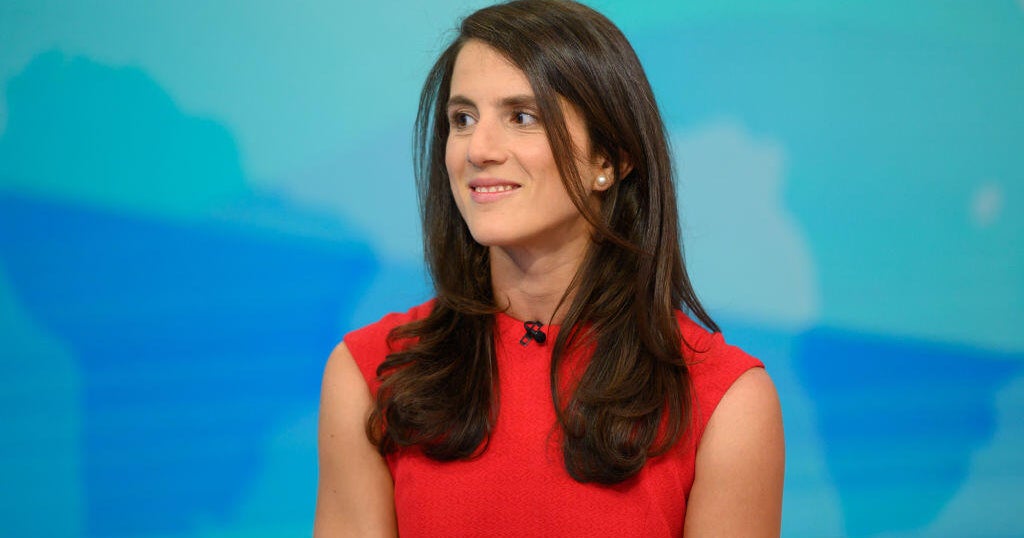I’m 67 and my wife is 62. Our super balances are $1.2 million and $300,000 respectively. I’m wondering if I can transfer funds from my account to my wife’s account to reduce the taxable component and any potential death tax. Is this something I can do directly, or do I need authorisation from the ATO?

Credit: Simon Letch
As you’ve reached an age where you have full access to your super, you’re free to withdraw as much as you like. One strategy would be to withdraw $360,000 from your account and use the three-year bring-forward rule to contribute that amount to your wife’s super – effectively $120,000 for each of the current and next two financial years.
Because these are non-concessional contributions, there’s no entry tax, and the entire amount goes into her tax-free component. It’s perfectly legal and doesn’t require ATO approval.
In a recent article, you mentioned it was a shame the reader hadn’t sought financial advice earlier for their 14-year-old child. Could you explain what you meant by that? Our eldest daughter has just started part-time work and already has two Bankwest accounts – one for spending and one high-interest savings account. We want to make sure she starts her financial life on the right foot, but after reading your article, I’m realising there’s probably a lot I don’t know about setting teenagers up for financial success. Would you consider doing a write-up on this topic? Any advice would be greatly appreciated.

Getting involved early helps children build habits that will last a lifetime.Credit: moodboard
When I said it was a shame the reader hadn’t sought advice earlier, I was referring to Australia’s punitive tax rules for children. Once a child earns more than $416 a year from unearned income (such as bank interest or dividends on monies deposited into their account by their parents), they can be hit with tax rates of up to 47 per cent. These rules were introduced to stop adults splitting income by putting investments in their children’s names – but they can also catch unaware families who simply wanted to help their kids get ahead.
Loading
The good news is that earned income – such as wages from a part-time job – is exempt from this harsh tax treatment. Earned income also includes interest on savings accumulated from her employment income. So your daughter can earn as much as she likes from work and will be taxed under the normal adult system, with the benefit of the $18,200 tax-free threshold.
She’s already ahead with bank accounts for saving and spending. Next, consider helping her set a budget, think about longer-term savings goals, and understand the power of compound interest. And once she turns 18, you might explore putting small investments in her own name or contributing to her super if she’s working regularly.
You’re doing exactly what parents should: getting involved early, while there’s time to build habits that will last a lifetime.
I recently received a payment under the Compensation Scheme of Last Resort (CSLR), which helps reimburse consumers when financial firms go under and can’t meet their obligations. I’m grateful for the payment – but what are the tax implications? Given that everything contributed to my SMSF was taxed, earnings in super were taxed, and the capital value actually declined over time, what’s left to be taxed now?
Loading
Mark Molesworth, a tax partner with BDO, says the taxation treatment of compensation receipts depends on what loss or injury the compensation was received for. The compensation then takes the characterisation of what it replaces. So if the compensation was for overcharged (deductible) fees, the compensation receipt would likely be treated as assessable income. If for the loss of value from inappropriate investments, the compensation would either be further capital proceeds on sale of those investments, or a reduction in the cost base of those investments, depending whether the investments were still on hand at the time the compensation was received.
You would be wise to obtain some tax advice, looking at the claim made and the nature of the settlement entered with the CSLR.
I’m thinking about investing in annuities either within my superannuation or outside of it – I’m not eligible for the age pension. What are the advantages and disadvantages of annuities in these scenarios? Are annuities guaranteed by the government? What’s the best website or resource to begin my research?
When you buy an annuity, you are exchanging a lump sum – which is always available to you or your estate – for an income stream for the period that you choose. They are a useful product in the right circumstances, but they need to be carefully structured because there is such a range of options available. For example, you may like it to last for the rest of your life or just for a specified period. You may wish the payments to stay at the same level, or you may wish to have them indexed for inflation. And the big issue is what will happen when you die. They are a financial product and are not guaranteed by the government, and their performance will depend on the type of assets you choose for your annuity to invest in. This can range from cash to market linked.
You can certainly research online, but at the end of the day you must take specific advice from an adviser who specialises in income products for older people. This is something which must be tailored to your own situation.
Noel Whittaker is author of Retirement Made Simple and other books on personal finance. Questions to: [email protected]
- Advice given in this article is general in nature and is not intended to influence readers’ decisions about investing or financial products. They should always seek their own professional advice that takes into account their own personal circumstances before making any financial decisions.
Expert tips on how to save, invest and make the most of your money delivered to your inbox every Sunday. Sign up for our Real Money newsletter.
Most Viewed in Money
Loading


















































